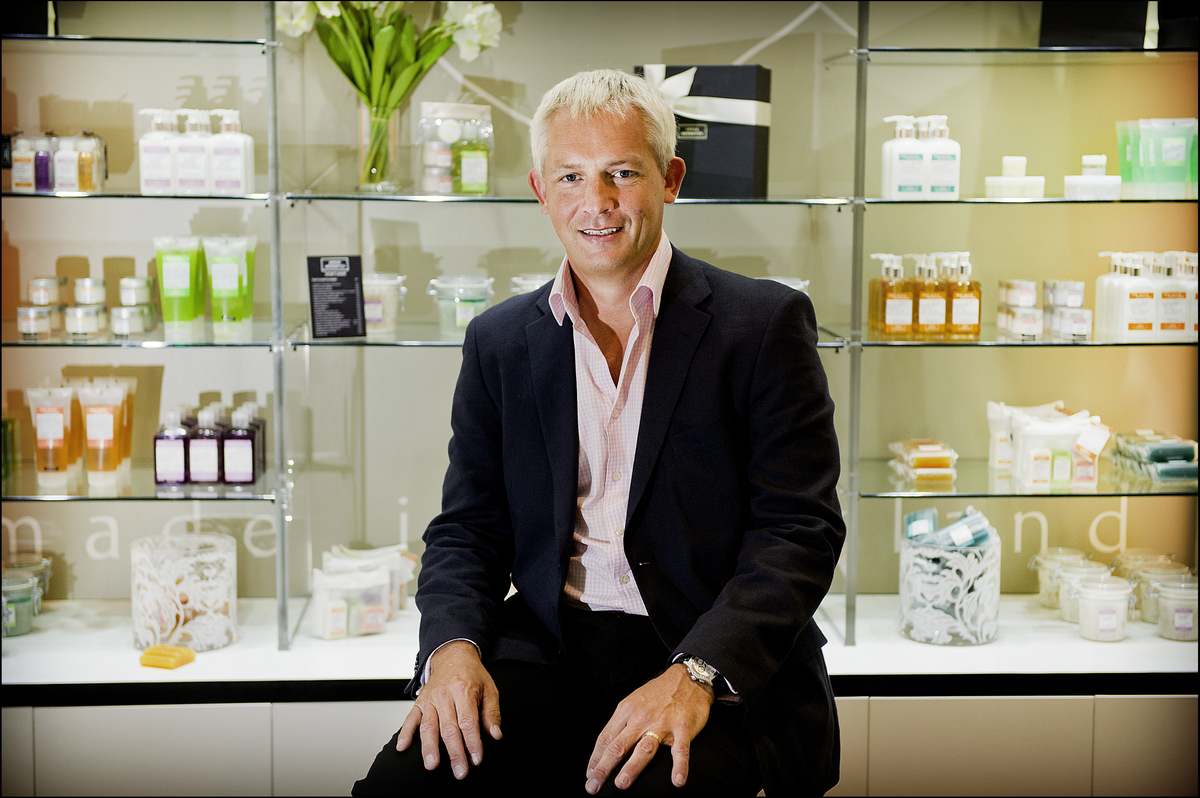The situation facing business leaders in Scotland is “still sticky” amid low oil prices and jitters over a second Scottish independence referendum, a new poll says.
Scottish firms are also dead against a UK exit from the European Union, according to the Business Growth Fund’s (BGF) inaugural Growth Climate Index, published yesterday.
The survey provides an insight into business confidence based on the responses of more than 350 directors of UK small- to medium-sized companies.
Two-thirds of the Scottish businessmen who took part said they expect conditions for growth to improve in the coming quarter, below the 76% recorded for the UK as a whole.
Some 85% of Scottish respondents believe another independence referendum would be bad for businesses, while 82% of Scots said the UK’s membership of the EU was a plus for enterprise.
Macro-economic factors like the price of oil were the main concern for 22% of Scottish entrepreneurs, against 15% for the UK.
On a more positive note, 96% of Scottish entrepreneurs plan to grow their businesses in the next quarter, with only 4% leaning towards consolidating. None of them are looking to sell their businesses.
Iain Pittman, chairman of luxury toiletries company Arran Aromatics, said businesses are remaining upbeat despite being held back by a dearth of funding options.
He said: “The situation for owners of small and mid-sized businesses in Scotland is still sticky.
“Thankfully, many appear to be trying to ignore distractions and the continued noise around Europe and concentrate instead on running their companies.
“Access to skills and money remains a hindrance, but I don’t think this has dampened ambitions.”
Turnaround specialist Mr Pittman rescued the Brodick-based firm from the brink of liquidation in 2009.
In 2013 the company secured £2.8million of BGF funding in return for an equity stake.
BGF said many companies are rising to the challenge of adjusting to the low crude price environment, rather than shrivelling up and disappearing.
Simon Munro, BGF regional director for Scotland, said: “Although Scotland’s economy is much more diverse than it was during previous oil price dips – with sectors such as food and drink and renewable energy becoming increasingly important – the oil and gas sector still employs thousands of people and has extensive supply chains. Rather than withdrawing, many businesses appear to be acting more robustly by looking for ways to adjust to the low oil prices.
“Businesses want a quick and decisive outcome from Britain’s EU referendum to remove uncertainty – and they don’t want a second independence referendum adding to uncertainty in Scotland.”
BGF was set up in 2011 to support small and medium-sized firms that were struggling to raise loans and investment capital in the wake of the banking crisis.
It has £2.5billion of capital and is backed by five UK high-street banks.
